Adam Smith Awards Asia



Congratulations to all the Overall Winners and Highly Commended Winners of the Adam Smith Awards Asia 2020.
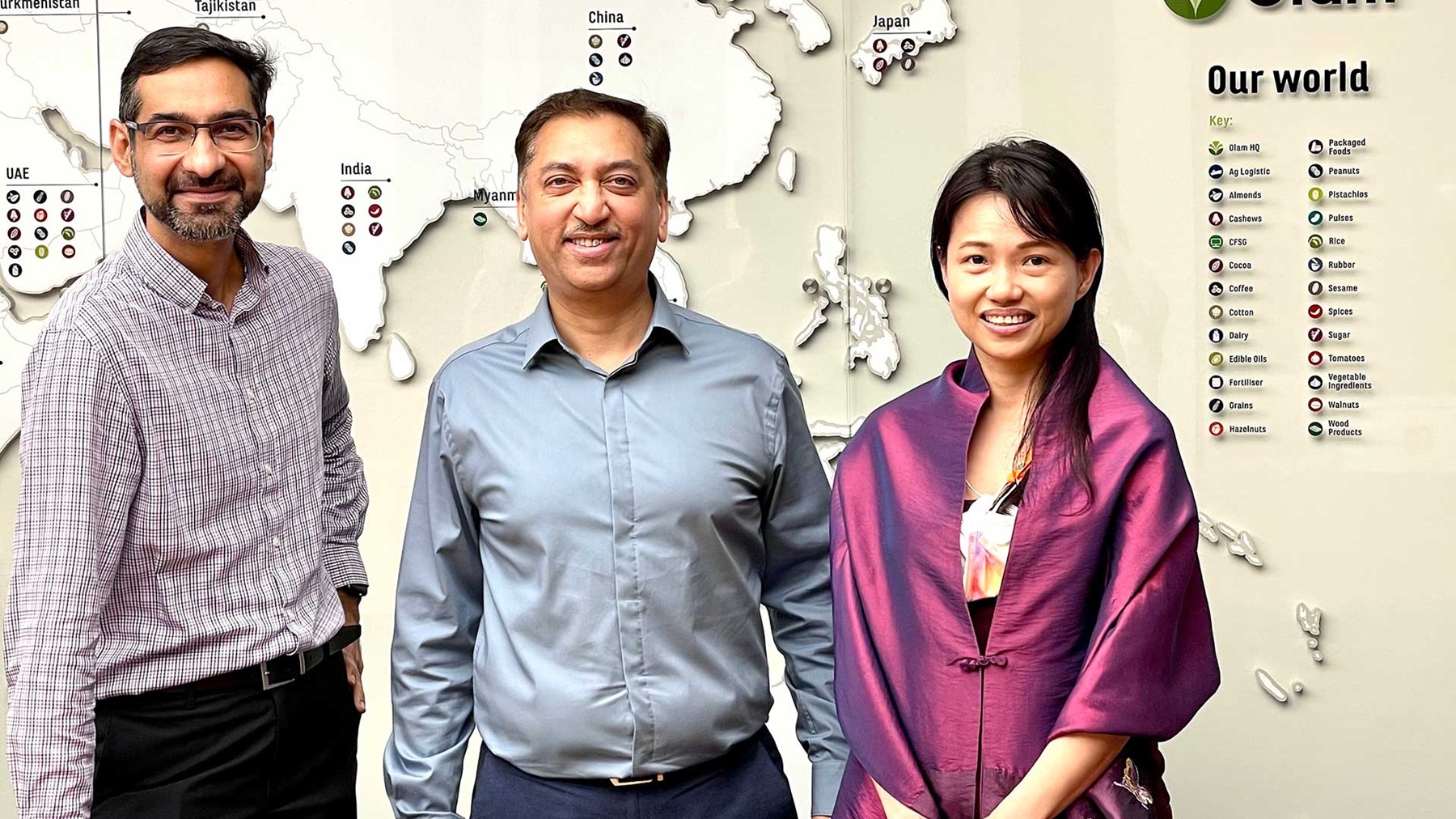
Under Olam’s five-year strategic business plan (2019-2024), the firm aims to be a global food and agri-business supporting its customers’ growing need for sustainable and transparent supply chains, with a clear focus on tomorrow’s consumer. Through its purpose to ‘Re-imagine Global Agriculture and Food Systems’, Olam aims to address the many challenges involved in meeting the food, feed and fibre needs of a growing global population, while achieving positive impact for farming communities, the planet and its key stakeholders.

Sydney-based Tricia Ho-Hudson, Group Treasurer at grocery and everyday needs chain Woolworths Group, has overseen the company’s treasury strategy and operations across Australia, New Zealand and Asia since 2017. Her team is responsible for managing the global cash and funding position of the company alongside all interest rate, currency and insurance risk. She also oversees employees’ compensation and public liability provisioning and leads Woolworths’ balance sheet strategy; her team also executes all equity and debt-raising transactions for the group.

As the global COVID-19 pandemic worsened, Hetero Labs was confronted with the twin challenges of uncertainties caused by supply chain disruptions and the urgent need for additional liquidity to cater for the growing demand of Remdesivir, a recommended drug to treat COVID-19.

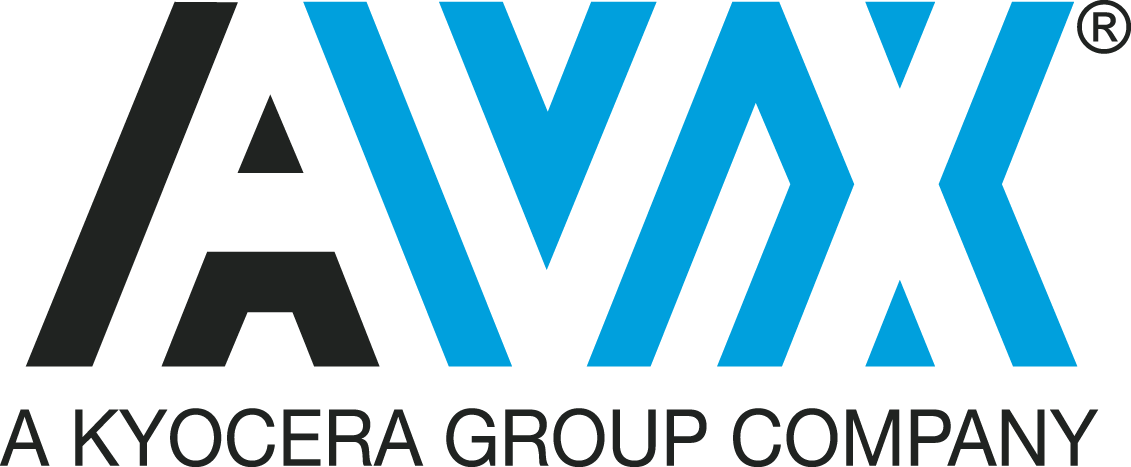
Following multiple rounds of acquisitions over the years, AVX’s banking and treasury organisation had become decentralised.


For PTTEP’s treasury team, the scale and complexity of operations brought challenges. With more than 70 legal entities, each having several bank accounts, it wasn’t easy to get a clear, centralised view of the company’s cash, and it was therefore difficult for the firm to manage its working capital. The situation was further complicated by numerous intercompany funding transactions, requiring a great deal of manual effort to manage.

Microsoft’s supply chain costs have increased as its hardware businesses, Xbox and Surface, have grown. The company uses contract manufacturers to build these products on its behalf. Microsoft historically provided consigned raw material inventory for the build, due to its ability to negotiate better prices.

The Jacobs merger presented an opportunity for Worley to standardise its global processes and controls with respect to consolidating its global cards programme with a single card provider. Worley had already taken significant strides toward standardising and consolidating its card programmes with a single provider in at least ten countries. As part of the merger, the company wanted to expand the programme to include the newly merged arm within a rapid timeframe of eight weeks, due to contractual changes with the incumbent provider, and to meet merger milestones.

BASF decided to reallocate its merchandise business into China to better serve local markets. A new entity, BASF International Trading (Shanghai) Company Limited, was established in the Shanghai Free Trade Zone (SFTZ) and designated as the pilot. Given the highly specialist nature of documentary trade, as well as the foreseeable huge transaction volumes, it has been BASF’s top priority to streamline the handling procedures and to optimise efficiency.

Honeywell was looking to globalise a supply chain finance programme it rolled out in the US in 2019 as part of its strategy to stabilise its supplier base as well as free up internal sources of working capital, in response to the widespread dislocations in supply chains worldwide as a result of the rising geopolitical tensions in recent years.

As part of its strategy to grow revenues from global markets, STE completed three strategic overseas acquisitions (namely MRA Systems, Newtec and Glowlink) totalling SG$1.1bn (c US$800m). To fund the acquisitions, which were the largest in STE’s history, the treasury team faced numerous key challenges:


Agrocorp is executing a digitalisation and sustainability transformation in parallel to the company’s high growth business strategy. It believes that the former enables the organisation to deliver on the latter in these times of rapid and fundamental change in the commodity and food industries. Sustainable financing was a key piece of this ambition.

For a global company like GE, risk management is an absolute priority. Beside exposure to FX, interest rates and commodities, there is also a constant need to manage counterparty, market and operational risks in an industry where contracts are often complex and involve significant sums.

With the unexpected onset of the COVID-19 pandemic where social distancing and mandatory working-from-home (WFH) became the new norms, STT Treasury team recognised that its existing day-to-day operations would be severely impacted.

Alibaba.com is constantly looking for ways to improve the trading efficiency of its online marketplace to better serve the suppliers on its platform. With the China-US trade tensions, and now COVID-19, disrupting supply chains and taking a financial toll on suppliers around the world, there is a greater need for Alibaba.com to provide support to its small-and-medium-sized (SME) suppliers, which are facing record-high working capital, cost fluctuations and counterparty risk.

Currently, SABIC Asia Pacific Pte Limited (SABIC) receives letters of credit (LCs) from its customers which are processed in a conventional manual way to support its cross-border trade. The requirement to submit paper documents is administratively cumbersome, with the challenges amplified in the case of cross-border trades, given the time it takes to transport goods over a short distance between two relatively close buyers and sellers, compared to the time taken to process the exchange of paper documents between importer and exporter through the banks.


Collection service is key to this “one-stop service platform”, involving thousands of different industries, trade patterns, buyers and millions of transactions from different countries and currencies. Alibaba needed to develop a set of cash management solutions that met its demands and that could deliver a seamless non-traditional model of collection and payment services.


With the company’s rapid global expansion, it encountered new challenges relating to centralising treasury management. Xiaomi Corporation discovered that cross-border payments eliminated the efficiency of its capital flows and an increasing number of accounts around the world burdened the company’s control and visibility over global treasury management. At the same time, multi-currency settlements emphasised the company’s foreign exchange risk management ability.


As Sanofi India expanded its business, its cash management processes became increasingly complex. It had grown its legal entities to four across Mumbai and Hyderabad and had eight banking partners and up to 45 bank accounts across the country serving varying purposes, creating immense inefficiencies.


As Ant Group expands to serve more customers around the world, its global fund functions also need to grow to cope with higher volumes of payment, as well as prevent inefficiencies and limitations that could impact customers and their increased demands. The group faced several challenges that needed a comprehensive solution.


Klook’s cash investment approach is conservative. Its treasury team focuses on capital preservation and access to liquidity, before seeking a reasonable return. However, challenges arose along with Klook’s growth. As the start-up that underwent multiple funding rounds (totalling more than US$500m, the most recent 2019 round raised US$255m, the largest fundraising in global tours and services until that time), the company needed to find an appropriate, comprehensive ultra-short- to short-term global cash investment solution.


Cargill Treasury has been focusing on rationalising its cash management bank relationships and is diligent in working with its key banking partners to build new capabilities to improve efficiency and helping to support innovation and the roll out of new age solutions through the pilot of revolutionary ideas in cash management. The fact that Cargill has had to deal with locally specific situations in some of the more remote parts of Asia while keeping global consistency in its cash management operations has been a key challenge.

To meet growing travel demand over the last few years, Meituan launched a new module on its one-stop e-commerce platform to provide users with access to high quality hotels and travel experiences. The company achieved a record-breaking 392 million in hotel room bookings as of 2019. As Meituan expanded its network of overseas travel providers in 2019, its treasury team was challenged with the growing volume of cross-currency transactions that exposed the company to FX and operational risks.


Pulat Yunusmetov has been the main driver of the digitisation and automation projects at Danone and despite his heavy schedule he always looks for new areas to learn and improve.


Grab has been a key catalyst to the digital transformation which has been changing the way we travel and commute, consume, transport goods and services and the way we transact in Southeast Asia. It has contributed an estimated US$8.5bn to this high-growth region in the 12 months leading up to March 2020, as reported in the latest Grab Social Impact Report.

HCL Technologies (HCL) has a centralised treasury organisation of 20 treasury professionals based in India that supports the corporation’s cash, liquidity and risk management requirements across the 49 countries in which it operates. HCL has over 175 entities globally, most of which are subsidiaries, with their own distinct compliance, liquidity and risk requirements which are managed by treasury. In many cases, these operate under regulatory, capital and currency constraints, adding further complexity.

Jiao Jiao is Treasury Director of International Business of DiDi, the mobile transportation and life service platform across Asia Pacific, Latin America and Russia.
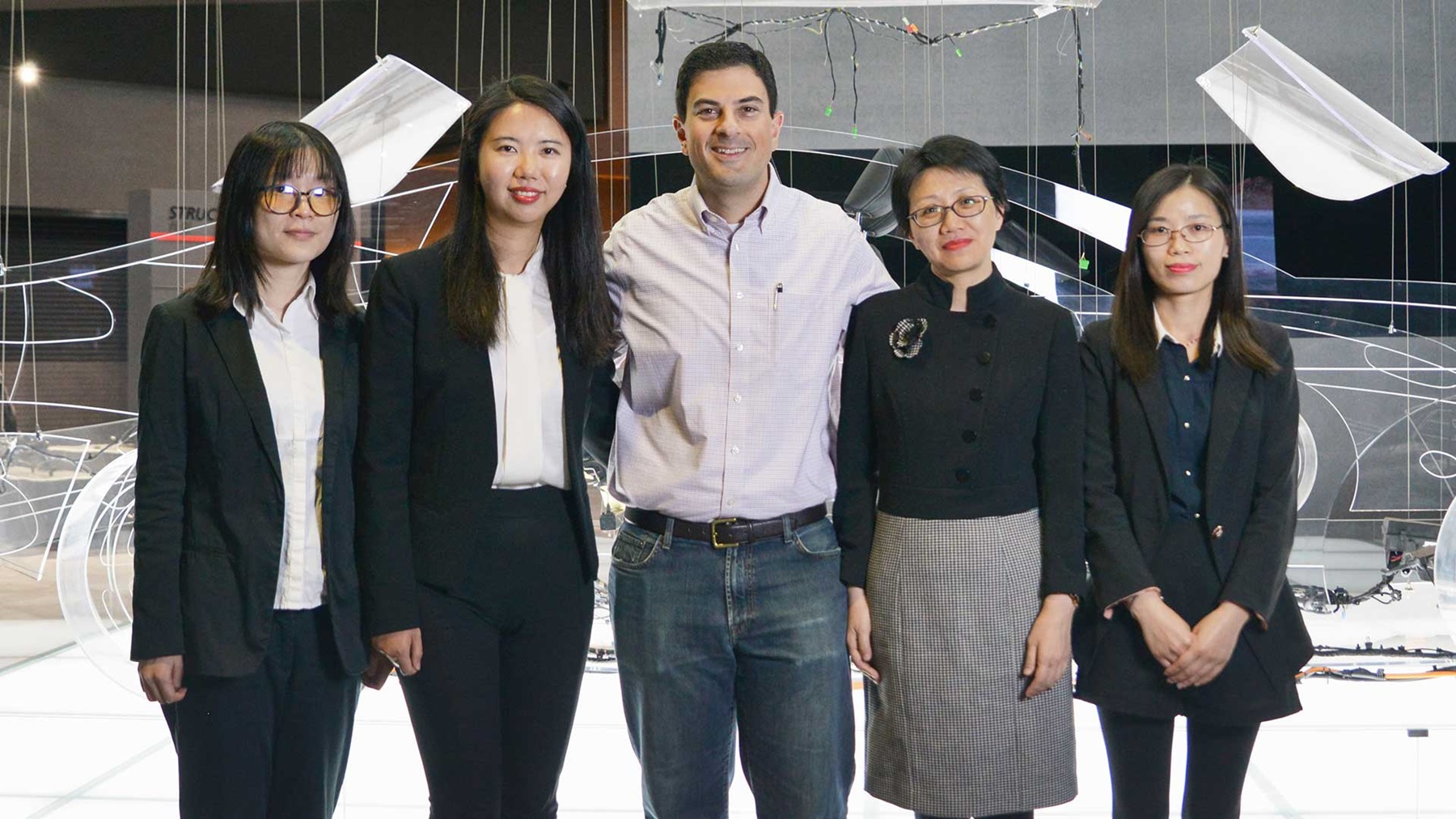

In Asia, supporting global original equipment manufacturers (OEMs) local operations is an important element of Lear’s strategy. With manufacturing facilities located across ten different Asian countries, Lear has a significant portion of revenue and expenses in non-USD currencies.

Prior to its treasury transformation, General Mills Inc. had a fragmented banking set-up, with a multitude of bank accounts across multiple legal entities across many different banking partners in 11 countries in Asia Pacific. This set-up caused a host of problems: cash positions were managed in-country, resulting in trapped cash, poor visibility and minimal investment opportunities.


Sanofi has a ‘play to win’ global strategy to drive innovation and growth and was looking to solve two crucial challenges.


As part of its working capital management plans, PLDT was looking for financing solutions that would allow it to extend payment terms with its key suppliers. At the same time, a long-standing client of DBS wanted to sell its invoices and receivables arising from its sales to PLDT to DBS in order to enhance its working capital management.

Chubb is focussed on streamlining treasury operations globally and implementing best practices through a treasury transformation programme (TTP) which includes key objectives for payments processing.

Given the nature of the pharmaceutical business, Zuellig faced significant challenges when it came to managing its accounts receivables (AR) and the associated reconciliation processes. This was partly due to its customer base comprising of people with diverse backgrounds and digital literacy. Some customers still prefer to pay in cash or cheque ‘over-the-counter’ while others find mobile banking easier and more convenient.

PPCCS is financially self-sufficient and no longer carries out fundraising to sustain its operations but it is imperative that PPCCS is able to generate funds within its means and continues to seek ways to operate more efficiently. Being the oldest Chinese independent high school in the rural areas of Pontian which is close to 70km away from the state centre of Johor Bahru, it is all the more crucial for PPCCS to enhance its receivables and payables processes, especially for school fees collections and supplier payments.

In a drive to improve operational efficiencies throughout its 142 Government agencies, the NSW Government undertook a state-wide banking transformation, which included switching to an innovative commercial card solution. This transition presented significant challenges as it required the movement of more than 30,000 cardholders to a new banking provider.


Given the nature of Storm’s business, it relies heavily on digital advertising on various web platforms such as Facebook, to drive traffic to its websites to generate sales. As a result, its sales team was constantly opening new accounts on these platforms to test new strategies or promote product lines. As an example, Storm might create 50 to 60 new Facebook accounts each month to maintain sales momentum. Each new account required a new credit card number, resulting in the company holding some 300 credit cards at any given time, which led to a range of inefficiencies.
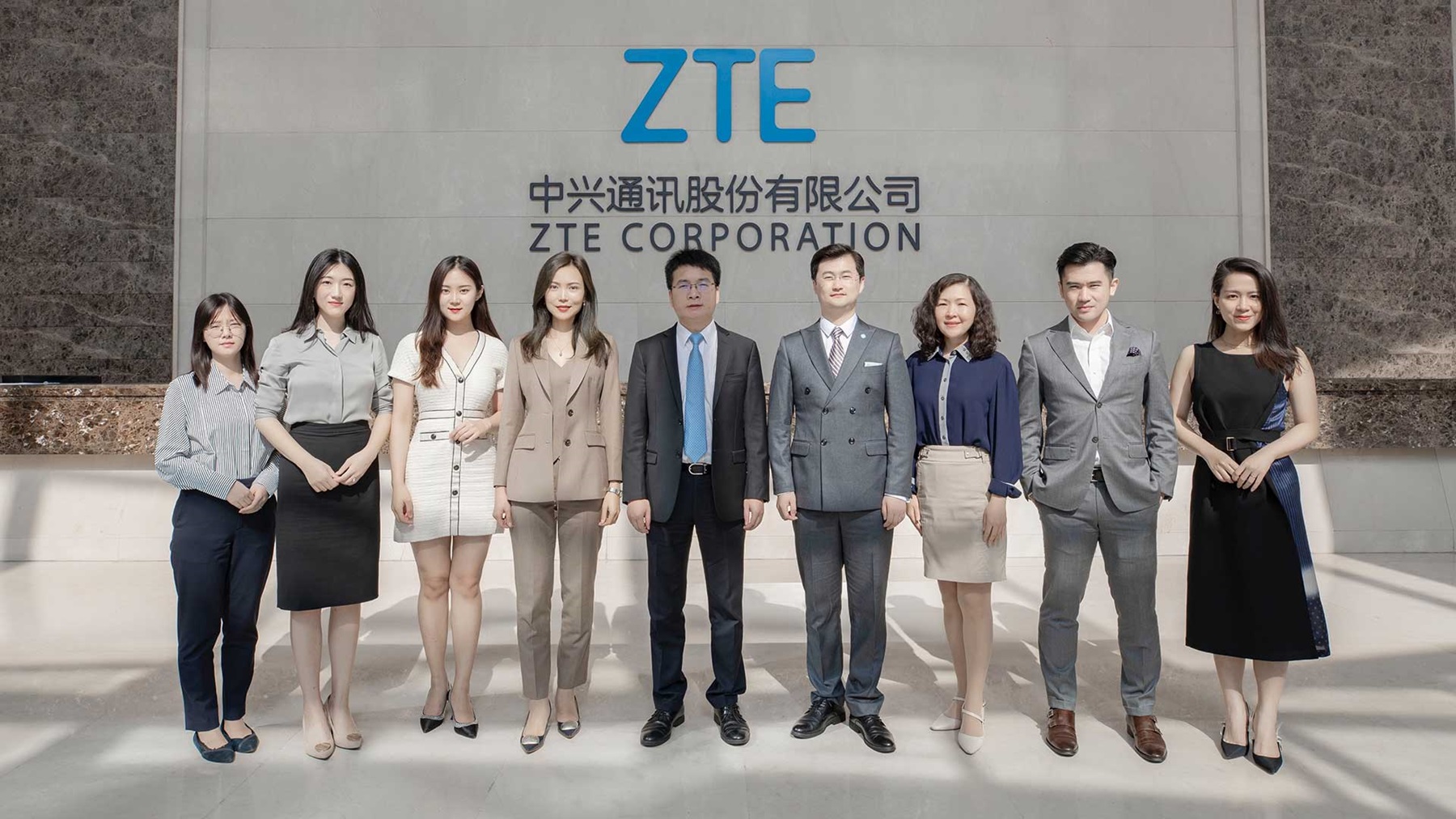
With rapid business growth, ZTE saw a critical need to partner with a highly rated bank whose guarantees are widely accepted with the ability to provide a global guarantee programme which meets its needs for a centralised trade guarantee solution. This was required for its overseas carriers’ network project to maximise operational efficiency and improve control and visibility. However, with systems and multiple entities, it faced many challenges.


China Energy Engineering Group Shanxi Electric Power Engineering Co Ltd had credit bills negotiation (CBN) discounting and with limited recourse receivable services (RS) financing against its underlying Engineering Procurement Construction (EPC) contracts.

The unprecedented COVID-19 pandemic brought many production countries into lockdown and the global supply chain came to a grinding halt. Factories had to close or minimise production to keep workers safe, while also being faced with a stoppage of orders as retailers delayed deliveries. Amidst this difficult situation, factories continued to have payment obligations for operating expenses. Domestic financing options that were available before the pandemic quickly became scarce and suppliers were faced with tight liquidity. Li & Fung wanted additional solutions that would provide support to its long-term suppliers and cement its relationship as a valued partner throughout the crisis.

Following the transformational acquisition of Shire plc by Takeda in January 2019, the new, enlarged business doubled in size in terms of both revenue (now c.US$30bn) and complexity as the number of geographic regions increased. Additionally, the level of gross borrowings grew after the US$62bn acquisition to in excess of JPY5,000bn (c.US$45bn), primarily as a result of the need to fund a c.US$30bn cash consideration associated with the Shire plc acquisition.


CEHL wanted to raise finance to support domestic project construction and to supplement working capital. The company decided to issue bonds but there were some key challenges to overcome if it was to achieve its objectives.


In a study conducted by Japan International Cooperation Agency (JICA) which was officially released on its website, India’s housing shortages are a serious challenge. 275 million people (approximately 22% of the total population) are currently unable to acquire quality housing, and 90% of the housing shortages are for low-income households. India is faced with rapid urbanisation and it is estimated that the urbanisation rate will be about 40% by 2030.

General Electric (GE) was looking for a solution to support its renewables energy division by discounting its long-tenor trade receivables. GE supplies and installs solar equipment across solar farms in several countries in Asia, such as Vietnam and Indonesia. In such projects, the owners prefer a deferred and progressive payment solution so that they can minimise the capital expenditure outlay and preserve cash flow across the project tenor.

As the company expands its data solutions to corporate customers globally, managing its growing liquidity and operational risks has become more challenging than before.

In 2019, KPJ in Malaysia operated 24/7 and received medical bill payments in various forms including cash, open account payment, credit card and guarantee letter from insurance companies. Although it was still common practice for patients or next-of-kin to make physical cash payments, it nonetheless troubled patients that they needed to withdraw such large sums of money. The practice further caused delays at the payment counter, as hospitals’ cashiers needed to count the cash and arrange for the bank transfer.

India’s liquor industry has traditionally had a long working capital cycle of approximately five months. Radico’s suppliers were therefore getting paid in 90-120 days instead of the agreed-upon payment terms of 45-90 days. Such delays often stifle the growth of small and medium-sized enterprises (SMEs), as banks shy away from lending amounts that are sufficient for their needs.

With the travel industry hard hit by the COVID-19 crisis, Samsonite, as a key manufacturer of travel goods, was not immune. Samsonite’s sales in China fell sharply as the pandemic swept across the country; while it had RMB150m in its cash reserves in January, by April, it was servicing RMB100m in bank loans for urgent working capital needs like paying overhead expenses to keep businesses operational.


Historically, Dairy Farm’s treasury processes and controls within the business units were manual. This presented a huge challenge for data consistency. These manual processes were often cumbersome, not scalable and hindered value-added decision making.


AMS Sensors in Asia is growing and required a bank that could integrate its treasury processes. Several activities are heavily manual, requiring human intervention and the company had a limited view on its cash balances with various banks, and the cost of treasury operations was high.

In many companies, including Microsoft, credit risk management was done by an attribute scoring system. It worked in the following way, “we collected attributes from the customer (eg, financial statements, country, industry, number of employees), from our historical relationship with that customer (eg, payment performance, years of relationship), and from third parties, most commonly credit bureaus like S&P and Dun & Bradstreet (eg, credit rating and paydex score),” explains Dennis Crispin, Group Manager, GFS.


Over the years, Stanley Black & Decker (SBD) has developed a wide network of local dealers in India to distribute its broad range of industrial tools and household hardware across the country. However, with a growing network of over 550 active dealers, its accounts receivables (AR) teams struggled to manage the large volume of invoices and payments.
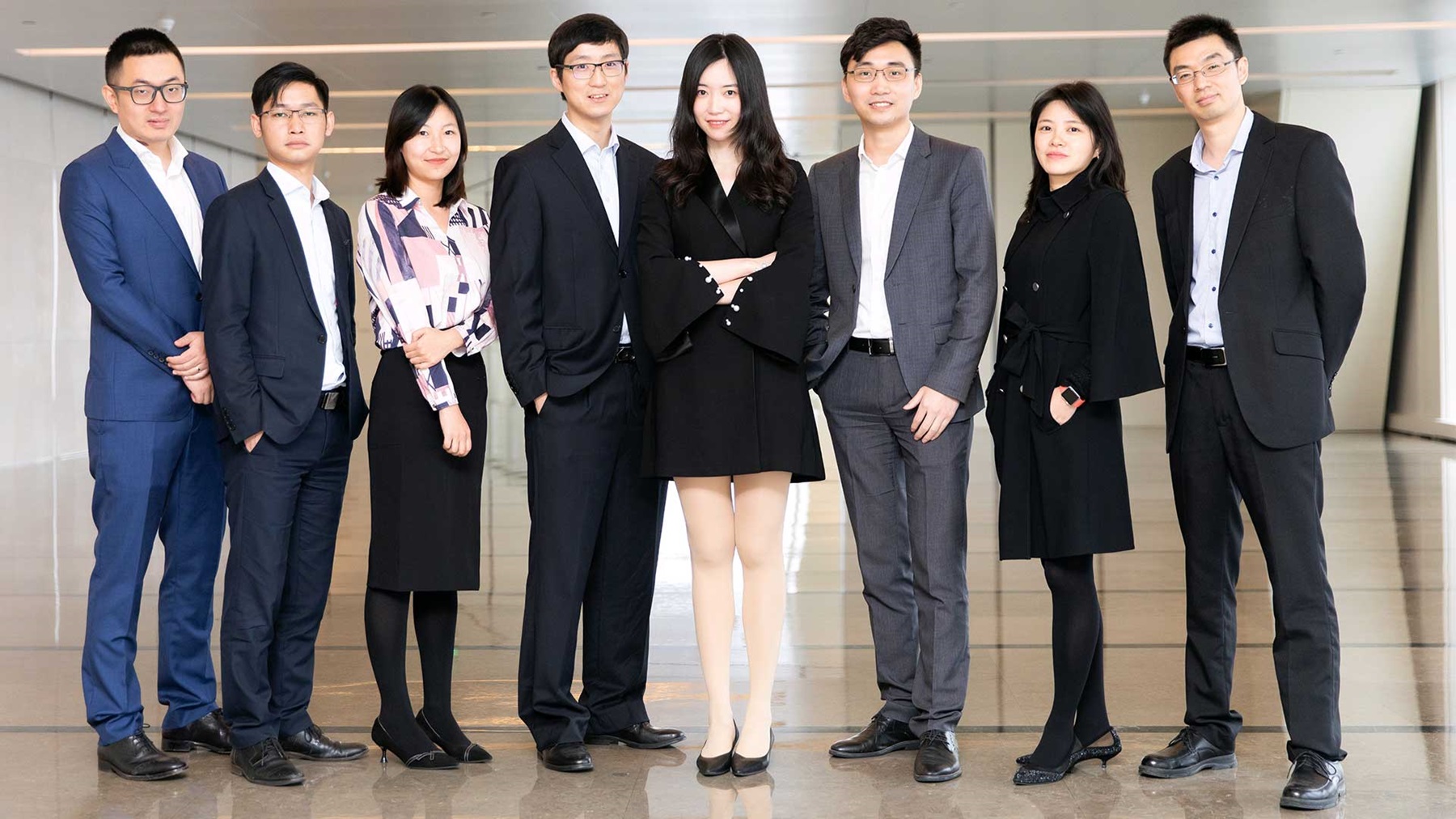
Ping An conducts insurance business through four subsidiary entities, with its treasury department responsible for the overall treasury management functions including cash settlement management, cash flow management, funding management, and capital management. To carry out the company’s ‘finance + ecosystem’ initiative, treasury faced the challenge of coordinating and collaborating every subsidiary to align its operations with the overall strategy. Treasury therefore initiated a series of projects and initiatives to tackle operational centralisation, liquidity management, capital market advisory and other efficiency enhancements.


Whilst many of the acquisitions made by Littelfuse had been integrated, its treasury processes remained disjointed and there was a need to standardise processes and a centralised banking system to improve visibility and control.


Visteon has over 40 facilities in 18 countries and India is one of its key overseas manufacturing locations. It imports from vendors across the globe, and maintaining good relationships with these vendors is of utmost importance for ensuring continued seamless production, as well as securing critical supplies during a production crunch. Key to maintaining these relationships is timely payment to its vendors, which can be an uphill task for Visteon which processes close to 5,000 invoices and makes approximately 320 payments to 400 suppliers on average every month.

Herbalife was seeking to streamline its sales collections (both online and offline) by providing its customers with a seamless, real-time transaction journey. Herbalife wanted to reduce the potential risks associated with the point of sale, such as physical cash handling and manual data entry into its systems. Herbalife also wanted to automate the onboarding process for associates and streamline the pay-out process for incentives.

In mid-2018, GE established a regional treasury centre (RTC) in Singapore to centralise cash, leveraging digital opportunities, and to optimise its operations in the Asia Pacific region.


Inchcape Asia decided to conduct a strategic review of its banking relationships, especially to identify committed and sustainable banking partners which can support its current and future business growth across the region in Singapore, Hong Kong and Brunei.


Following the transformational acquisition of Shire plc by Takeda in January 2019, the The onset of COVID-19 at the beginning of 2020 took everyone by surprise and caused economic pain across the globe.

China is an important market for Medtronic. In fiscal year 2020, the greater China region generated US$2bn sales, achieving double digit growth from the prior year. This resulted in a large amount of foreign exchange risk. The current solution of using a single cash management bank had become outdated and obsolete. As currency volatility increased, due to a USA/China trade war and resulting from PBOC’s continued effort to internationalise the Chinese Renminbi (RMB), a more advanced foreign exchange risk management and currency conversion strategy was needed.


With the rapid growth in business across Asia, Danone’s treasury team was keen to deploy technology to improve collaboration with the business teams. This prompted a review of how they were leveraging technology to gain higher visibility. “We conducted a deep dive into our existing structure in each of the 17 markets in Asia, identified key pain points, which were preventing elevation to ‘the next level’. We factored in constructive feedback from all our partners including business, procurement and IT teams and concluded that an upgrade of the disconnected legacy systems would add significant value to the business,” explains Zurab Abutidze, Asia Treasury Head.